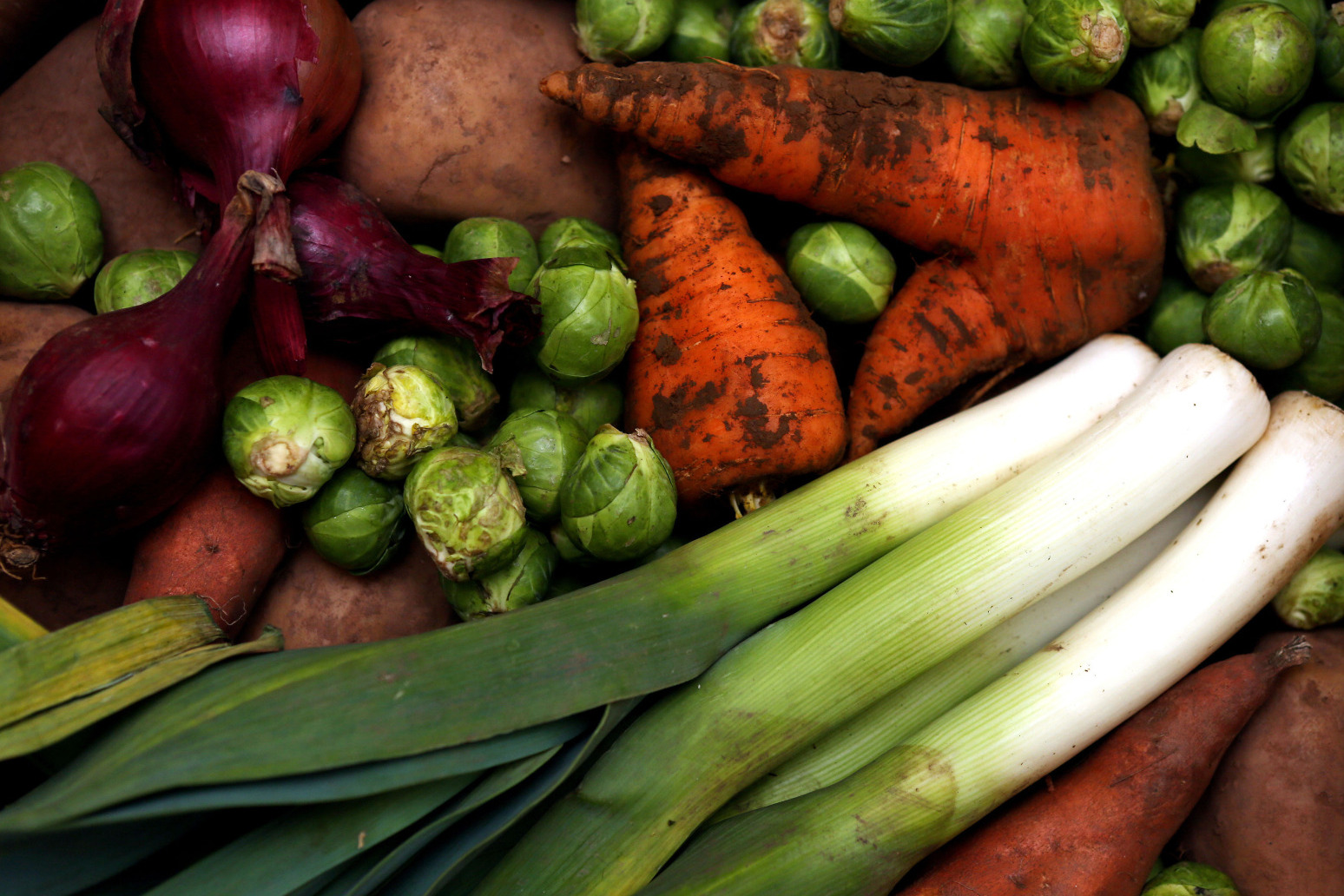-
play_arrow
DukeBox UK DukeBox UK
-
 play_arrow
play_arrow
Outside The Box #6 - Outstanding Arsenal and Hamilton the History-Maker Duke Box
Subsidising fresh fruit and vegetables would increase consumption by up to 15


That’s according to researchers at the University of Warwick
Subsidising fresh fruit and vegetables would increase the amount consumers eat by as much as 15%, according to a study.
Fixed costs in the supply chain play a significantly larger role in the prices of fruit and vegetables than in those of other foods, increasing the price by at least 40%, researchers at the University of Warwick found.
The higher prices lead to consumers buying on average 15% less fruit and vegetables than they would if they were sold at marginal cost, researchers said.
The 15% “under-consumption” of fruit and vegetables accounts for a third of the gap between the average amounts consumed and the recommended intake, the report, published in Science Advances, said.
Fruit and vegetables have particularly high fixed costs as they are perishable products which requires them to be restocked more frequently.
This drives up the price of fresh produce compared with other, unhealthier, foods, which are sold close to their marginal cost.
Researchers suggested that introducing a subsidy to counteract the price distortion and reduce the cost of fruit and vegetables would change diets in a way that is not only healthier but also more in line with what consumers like to eat.
Professor Thijs van Rens, one of the authors of the article and leader of the Warwick Obesity Network, said: “The food retail market is very competitive, so if there weren’t any fixed costs you would expect food to be sold close to marginal cost. And the fact that they are not affects diets.
“A higher price of any product means that people buy less of it. The question is, by how much? We find that if the market were working correctly, consumers would buy 15% more fruit and vegetables than they currently do, which would constitute a huge gain for public health.
“There is something wrong with the market, which is that there’s a high fixed cost in the provision of fruits and vegetables. The effect of that is that the prices are too high, and consumption too low.
“What is worse, the effect is stronger when demand is low. And demand happens to be low where people are poor. So this market failure not only makes us all unhealthier, but it increases health inequality as well.”
The report argues for a subsidy for fruit and vegetables as high as 25% to increase consumption of fruit and vegetables.
It is estimated that UK supermarkets sold around £10.4 billion of fresh produce in 2017, leading the researchers to estimate that funding a subsidy would cost the Government £2.5 billion per year.
The NHS is estimated to have spent £6.1 billion on overweight and obesity-related ill-health in 2014/15 and will potentially spend £9.7 billion by 2050, while the overall cost of obesity to wider society is estimated at £27 billion, the report said.
Prof Van Rens added: “Taxing and subsidising to tackle obesity has been politically infeasible for some time but shouldn’t be any longer. Obesity is a massive public health problem and we’re not going to solve it with tweaks.
“We need to bring out the big guns: subsidies and taxes. A subsidy is in some ways the most market-based, least invasive intervention you can think of. Anything less than that is just giving friendly advice and will not get us where we need to be.
“There is no debate that fruit and vegetable consumption would increase if you subsidise it. The main contribution of our research is to show that the market is already so distorted that this subsidy would benefit every single consumer in the economy.”
Published: by Radio NewsHub
Written by: admin
